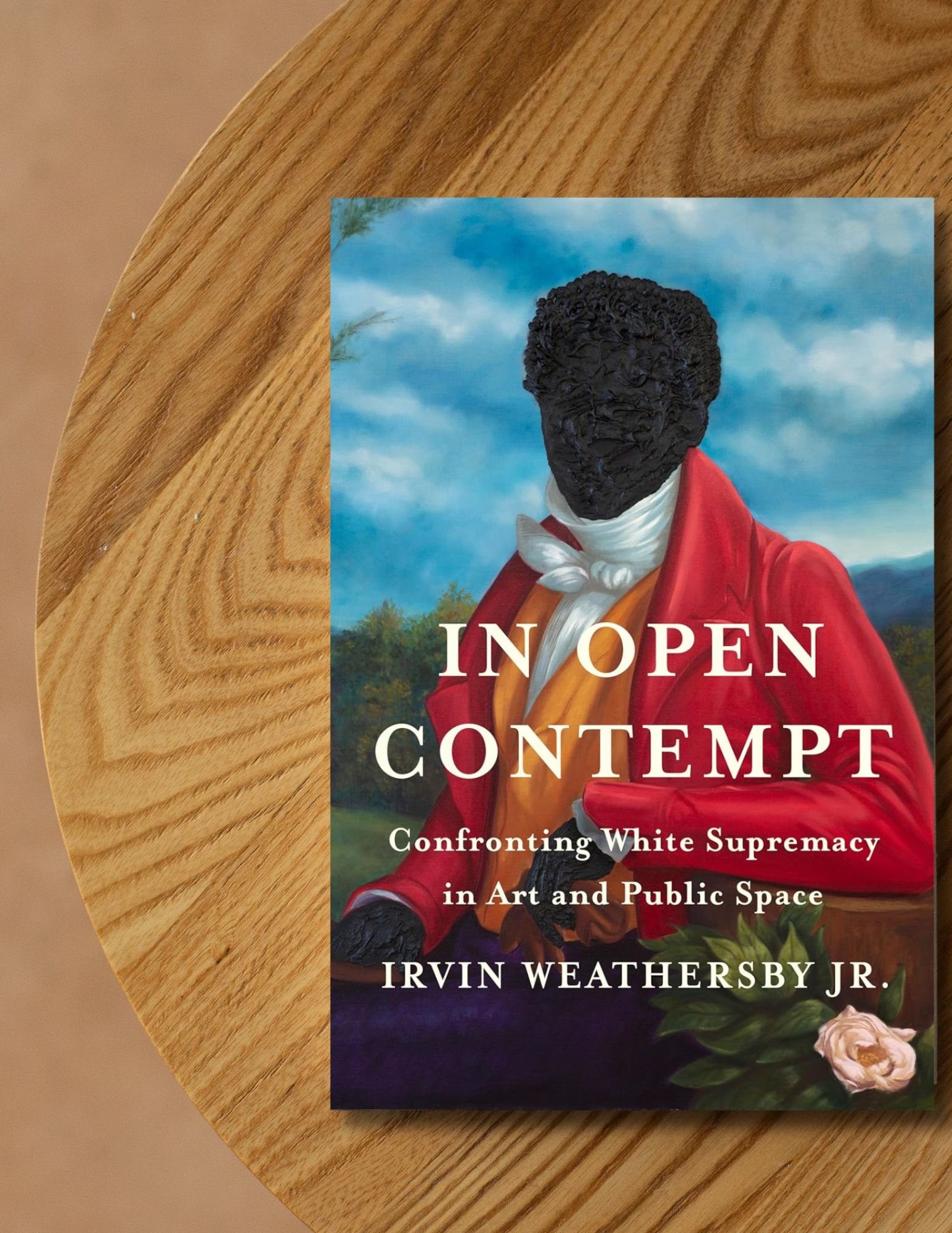Reviews
“An awe-striking masterpiece of love.” —Jason Reynolds, #1 New York Times bestselling author
“The sentences alone in In Open Contempt make it one of the most memorable books of the decade. But it’s the unexpected lingering and genius crafting of consequential action that makes this one of the freshest explorations of space I’ve ever read. Irvin Weathersby Jr. has made something we’ve never before seen, felt, or witnessed.” —Kiese Laymon, author of Heavy: An American Memoir
Additional Details
Viking (January 07, 2025)
256 pages
Ships to the US in 7-10 business days







